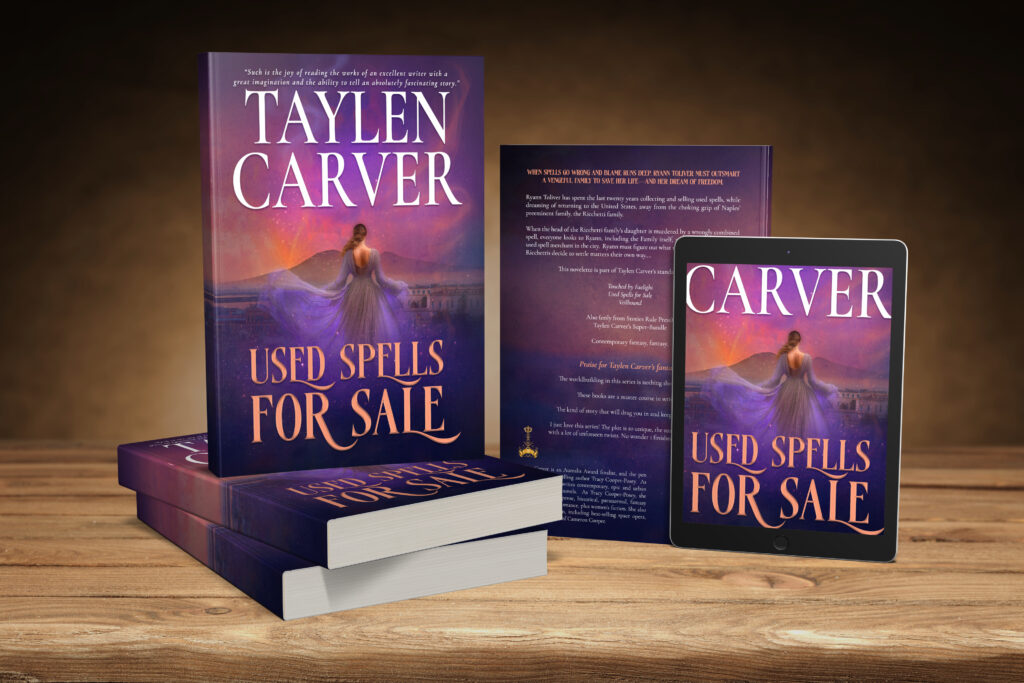Mapping the Magic: A Guide to Fantasy’s Many Systems
Let’s talk magic. It’s the bread and butter of fantasy, isn’t it? The thing that turns a good story into something downright enchanting. If you’re anything like me, you’ve come across all sorts of magical systems while reading, and it’s impossible not to notice how different authors put their own spin on it. Some like to map out every single rule and consequence (Sanderson, I’m looking at you), while others leave magic as a mysterious force we just have to trust (Tolkien, we’re all still guessing).










